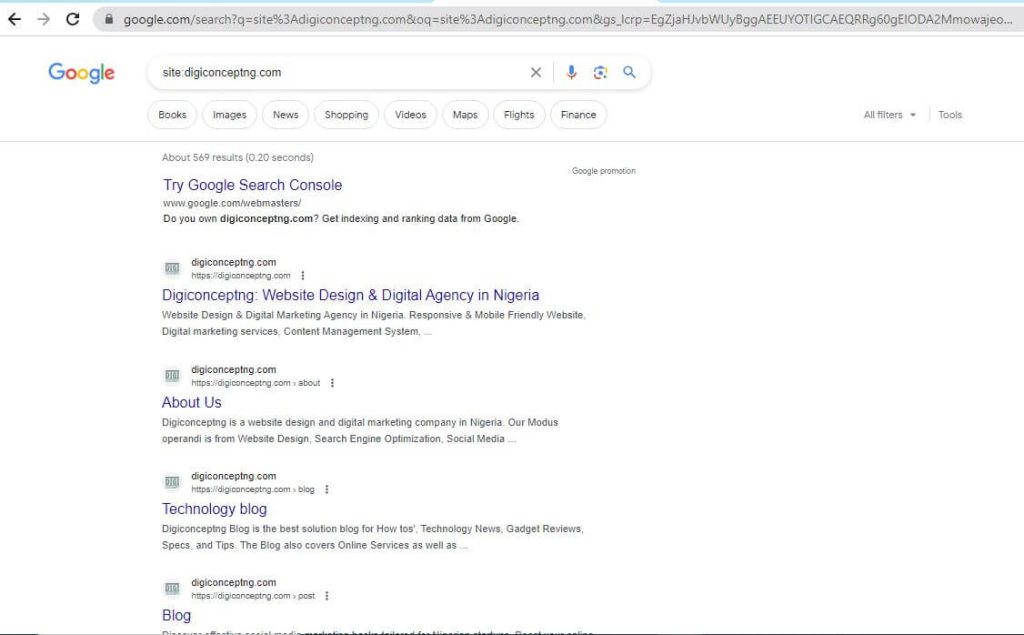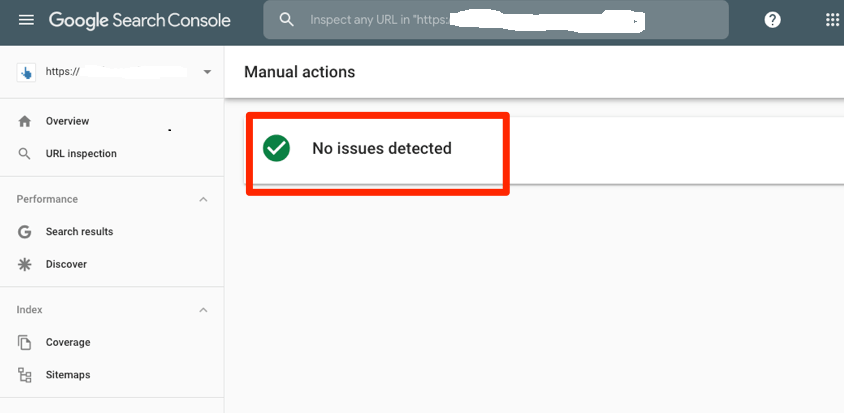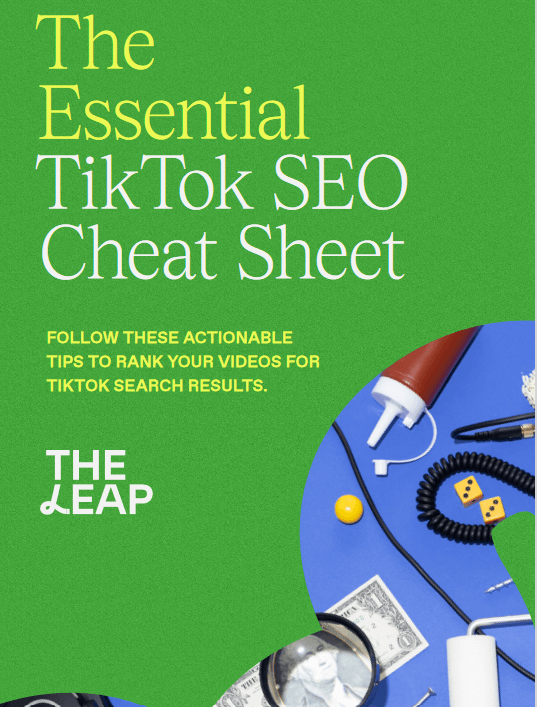The most likely reason for why your website not showing on Google search is one of the following: Google has not yet indexed your website, it is new or for any of the following reasons as you would find in this post. The bad news is that there may be a number of factors keeping you from appearing in Google. The good news is that most of them are simple to solve.

Below, we look at major potential causes for your lack of visibility on search engine as well as solutions for each problem.
Is your website missing from the Google search results?
Use the exact URL or domain name of your website (for example, http://www.yourdomain.com) to check if it has been indexed. Examine your website’s search performance in Google if it isn’t showing up in search results or is doing worse than it used to.

Why Search Ranking Matters
Most users only scroll down to the first page of search results. This study found that the top ranking in Google’s organic search results obtains 33% of visitors compared to 18% for the second position. As it continues, the traffic simply becomes worse.
Therefore, having your website indexed by Google, Bing, and Yahoo is insufficient. You need to do more to be on page one so people can see your product and services.
Major reasons why your website not showing on google search?
1. Your website is too recent
You created and launched a new website, right? Search engine results might typically take up to four weeks to appear. Even though we might be used to items being available instantly, search engine indexes often take a while. So before you start to feel anxious, be patient, wait, and study more about search engine algorithms.
2. Your Website Is Not Yet Indexed By Google
The updating of search results by a search engine might occasionally take a week or longer. Your website is new and has no inbound connections, which is why this is the case.
Initially, register for a Google Search Central account. With resources to help you make your website discoverable to Google Search, Google Search Central, formerly Google Webmasters, is here to help the right people see your content.
You can ask Google to re-crawl your URLs after registering and pointing them to your sitemap.xml URL. However, because there are so many requests, the functionality occasionally takes a while to load (especially if your site is new or big).
Try using this link to add your URL to Google if you don’t want to register a Google Search Central account: http://www.google.com/addurl/
Google cannot forecast or guarantee whether or when submitted URLs will appear in their index. Google does not include all submitted URLs to their index. However, it may take up to a week or more for your new website to be put out to the index if it is crawled.
3. Your website isn’t optimized for search engine crawling
A spider is despatched to your website to crawl it for content when you submit it to a search engine. These spiders don’t look at your website the way a user would.
They check your website for a variety of things, including keyword density, relevant content, and meta content.
As a result, you must think about the material that search engines find on your website.
4. There are “no index” tags on your website.
You can direct search engines not to index your website or particular pages using custom code. It would make sense why it isn’t showing up in search results if you or the person who developed your site added this code.
5. You’re blocking search engines from crawling your pages
A robots.txt file is something that most websites have. This tells search engines what areas of your website they can and cannot access.
Your robots.txt file prevents Google from crawling certain URLs, which normally prevents them from appearing in search results.
It should notify you of any problems if you’ve submitted your sitemap using Google Search Console. Look for “Submitted URL blocked by robots.txt” errors in the “Coverage” report.
That only functions, once again, if Google has already tried to crawl the URLs in your sitemap. That might not be the case yet if you just submitted this.You can perform a manual check if you’d rather not wait.
Go to yourdomain.com/robots.txt to access it.The file should look like this:

Note: If you see a 404 error, you likely missing a robots.txt file.
You don’t want to see this bit of code, though.
Disallow: /
.… under any of these user-agents:
User-agent: *
User-agent: Googlebot
Why? Considering that it prevents Google from crawling every page on your website.
A “Disallow” directive for any significant content is similarly undesirable.
Warning: Robots.txt files can be challenging to use and are susceptible to errors. If you don’t know much about this file and believe that yours might be the problem stopping pages from appearing on Google, have a professional fix it.
6. You Lack High Quality Backlinks on your website.
You still need to “prove” to Google that your page deserves to rank even if nothing is preventing people from finding it.
Although Google’s algorithm takes into account a vast number of variables, the quantity of backlinks from distinctive websites to a page appears to be a significant one. In correlation studies, we frequently discovered this.
You might not be showing up in Google if the web sites ranking higher than you have a lot more backlinks.
7. Your keyword market is exceptionally competitive.
Millions of individuals worldwide use search engines to traverse the internet and locate specific material among the trillions of webpages.
you get your audience’s attention, make sure you target a less crowded keyword market.
8. Your page is lacking “authority”
PageRank, which essentially counts backlinks and internal links as votes, is the basis of Google’s ranking system.
Sadly, Google stopped making their PageRank scores available to the public a few years ago. Now, it’s impossible to compare your page’s PR to that of high-ranking pages.
Fortunately, with some tools like SEMrush and Ahrefs have a metric called URL Rating (UR) that is built on similar ideas.
This considers internal connections and backlinks as metric of calculation.
The UR scale ranges from 0-100. More “authority” exists on high UR pages compared to low UR pages.
It may be an indication that you lack “link authority” if the top-ranking pages have a significantly higher UR score than you do.
There are two techniques to increase a web page’s authority:
Create more internal linkages and external links.In general, ranking a sales page is more difficult with the former than the later.
For this reason, the best place to start is usually by adding some relevant internal links to your website.
9. Your website has been removed from Google
If Google feels it is required to do so by law, if the sites do not adhere to Google’s quality rules, or for other reasons, such as if the sites hinder users’ ability to find important details, Google may remove the sites from its index and search results either temporarily or permanently.
The several ways listed below that Google may delist your website from search results:
- Deindexed – When Google totally removes your domain from its index. also referred to as Banned.
- When your domain or page gets penalized, none of your pages can be located using standard search queries even though they still exist. The Google algorithm may automatically impose this penalty or a Google Quality Engineer may manually impose it.
- Your domain or page was placed in a “Sandbox” but not deindexed or penalized. The traffic you were receiving from Google suddenly decreased significantly despite the fact that your domain or page wasn’t deindexed or otherwise penalized.
Google may notify you via Search Console if your site is blocked from our index because it doesn’t adhere to our quality standards.
Consider getting a message that your website is against our quality standards. If so, you can make the necessary changes and submit your site again after adhering to these rules.
How to Get Your Website To Show Up on Google
Your website should appear on the first page of results, which usually comprises ten website listings. You may need to use SEO tactics, depending on the nature of your business, to raise your rating.
1. Perform a complete SEO audit
Now is the moment to perform an SEO audit on your website to ensure greater success in the future. This will help you understand where you are in relation to the following:
- On-site optimization
- Off-site optimization
- Keyword selection
2. Increase keyword density by using meta-tags
Visitors to your website won’t notice meta-tags because they are hidden code, but Google search engine “bots” that crawl your site will find them.
If you have a web design program or understand how to code HTML, you can add these meta tags to your website.
3. Choose keywords which are not too competitive.
To determine this, we advise using Google’s free Keyword Planner. You may assess the level of competition you will encounter by employing specific search phrases by using this keyword research tool to determine how popular they are.
Tens of thousands of websites may be vying for highly competitive keywords, making it less likely that you will appear on page one of Google if you choose them.
4. Add keywords to your website content
A single word or a phrase of up to four or five words can be used as a keyword. These should be keywords that people are likely to use when conducting a Google search and are pertinent to your website.
They must be pertinent to the subject matter of your website.
5. Find backlinks
Websites that link back to your website High-quality natural backlinks are an important ranking element for search engines. It is what search engines want.
Google offers your page more credibility and search ranking if other websites link back to it.
6. Make a Google My Business listing for your website.
Physically based companies with physical locations should use this advice. When someone searches for your company or uses keywords related to it, Google My Business links your website to a map listing so that they may click over to your website for further information.
7. Examine your technical SEO
A useful tool for benchmarking the search engine performance of a particular URL is my free SEO report. We also provide you with a comprehensive list of suggestions for enhancing the SEO of your website.
8. Solution to if your site have been penalized by Google and
Fortunately, manual sanctions are rather infrequent. It’s unlikely that you will receive one unless you’ve done something incredibly bad. Additionally, Google typically notifies you of these through the “Manual penalties” option in Search Console.

For this, Panguin is a helpful tool. It makes it simple to identify problems by overlaying known algorithm change dates over your Google Analytics traffic.
Before making any potentially disastrous decisions, such as disavowing links, consult an expert if you still believe your website has been filtered or punished at this time.
Read also:
- Threads by Instagram: Twitter Displacement
- How To Fix Elementor Editor Not Loading Issue on Your Website
- How to Convert Airtime to Cash in Nigeria
9. Continuous SEO
You can’t stop managing SEO once you’ve optimized your website to rank on the key first page of Google. When you reach page one ranking, your rivals will start pursuing you with their SEO tactics in an effort to overtake you.
Customers may also begin using alternative keywords to search.
10. Remove Googlebot’s Blocking from Your Robots.txt File
Crawlers are instructed by your robots.txt file which pages on your website they may and cannot crawl. Google is less likely to index your website if you unintentionally block a page or folder that contains a crucial resource.
The best approach to determine whether your page has been deindexed (no index) is to visit it and look at the source code (don’t worry, you don’t need to be a developer to accomplish this). When viewing the page of code, press CTRL+F or CMD+F to search for the word “noindex.” If nothing appears, it means you haven’t been indexed.
Conclusion
Before playing the game, you must resolve serious technical issues including crawl blocks and errant “noindex” meta tags.
The strength of your opponents and the level you are playing at are then crucial to know. Due to the weakness of your opponents, some levels are simple. Others are challenging because they are powerful.
Before taking on bigger ones, you might need to level up by building backlinks and “authority.”
You may have invested time, energy, and money on your website, yet you’re still getting no visitors. Your best option is to contact an SEO consultant for assistance, or Beep us for SEO help.
Please let me know if this was useful by leaving a comment below if it was.
Why Some Websites Don’t Rank in Search?
There are reasons that could be keeping your website from appearing in search results:
(Too new) Google has not yet indexed your website.
Your website is not crawler-friendly for search engines.
Your keyword market is quite crowded.
There are “no index” tags on your website.
Google has penalized and delisted your website.
